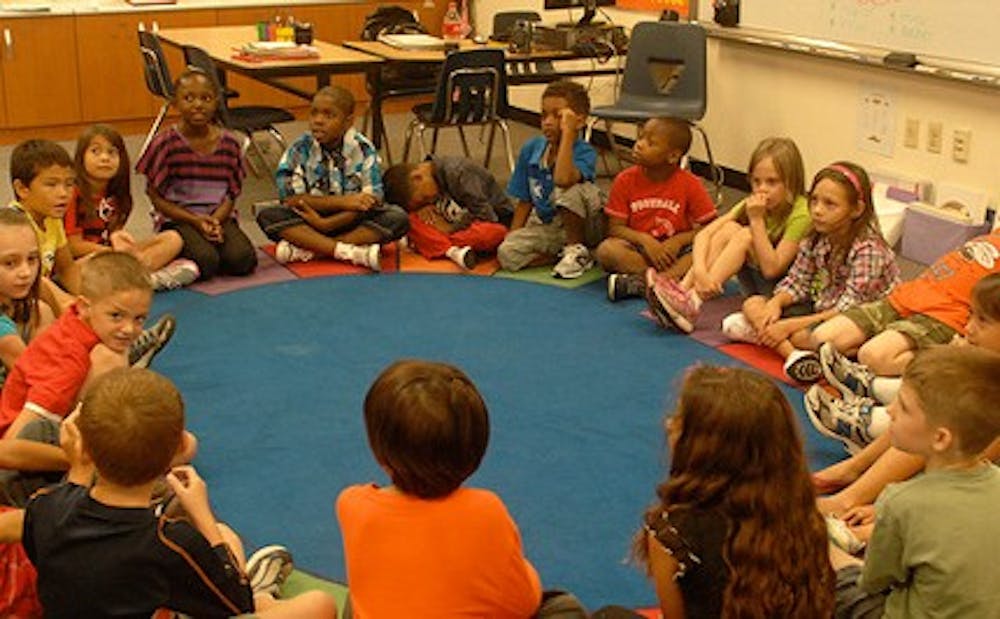There is a classic trope that Asians often choose careers in STEM fields—but why?
Researchers have recently concluded that certain immigrants are more likely than others to go into science, technology, engineering and mathematics fields. Immigrants who arrived later in their childhood and who spoke a native language that is markedly different from English were more likely to enter into these occupations. The study was conducted by Marcos Rangel, assistant professor in the Sanford School of Public Policy, and Marigee Bacolod, associate professor of economics at the Naval Postgraduate School.
“Our initial hypothesis was that this initial key is very crucial for determining what trajectories people will take,” Rangel said, noting that their findings corroborated their hypothesis.
To identify how immigrants' cultural backgrounds affect career choices, Rangel and Bacolod merged census data with a linguistic index measuring how different an immigrant's native language is from English. From the census data, they created an index of what skills were necessary for which job. For instance, a writer would need more communication skills, while math and logic skills were critical for a career in STEM.
Rangel added that the index calculates differences between languages through the phonetic differences of words that have the same meaning.
To find relationships between the immigrants' linguistic background and the skills necessary for their eventual occupation, the researchers looked at four sets of skills—math and logic, interpersonal skills, communication skills and physical skills.
“The individuals that were more likely to have difficulties to acquire English are the ones that are more likely to be performing tasks that are, relative to language, more intensive in math and logic, more intensive in interpersonal skills and even more intensive in physical skills," Rangel said.
The study primarily focused on children who immigrated to the United States before age 18, and the researchers made a further distinction about whether children came before or after age 10.
“If you come really late from a place that is very far from English, in some sense, it is really hard to acquire the language you need to acquire,” Rangel said. “There’s [some] development psychologically that marks age 10 as the transition period when it becomes even harder to acquire a second language.”
Regarding the classic stereotype of Asians choosing STEM careers, Rangel suggested that most Asian languages are linguistically farther from English than other languages. Out of the languages covered by the linguistic index, going from Vietnamese to English was quantified as the hardest.
Rangel said that based on their study, choosing a math or science-heavy career instead of a humanities-based career could boil down to a matter of practicality.
“When you go into this country, you have a starting point, and what happens is that for certain people, this starting point is already twisted in favor of math relative to language,” Rangel said.
The study’s findings might also extend to first-generation American children if some of their native tongue is still being spoken at home by parents, Rangel said. Given recent rhetoric against immigrants, he added that the study also exemplifies how immigrants contribute to a nation's economy through comparative advantage in certain skills.
“The contribution of immigrants to this country is not really about one-dimensional levels of ability," he said. "It’s that they provide relative competence on different things that they can do."
For Rangel, an immigrant himself, the study also helped him demonstrate why immigrants may seem so different from native citizens.
“I’m trying to illustrate that there are rational obvious reasons for people to be what they are as adults, given what they face and the process of assimilation into this country," he said.
Get The Chronicle straight to your inbox
Sign up for our weekly newsletter. Cancel at any time.

